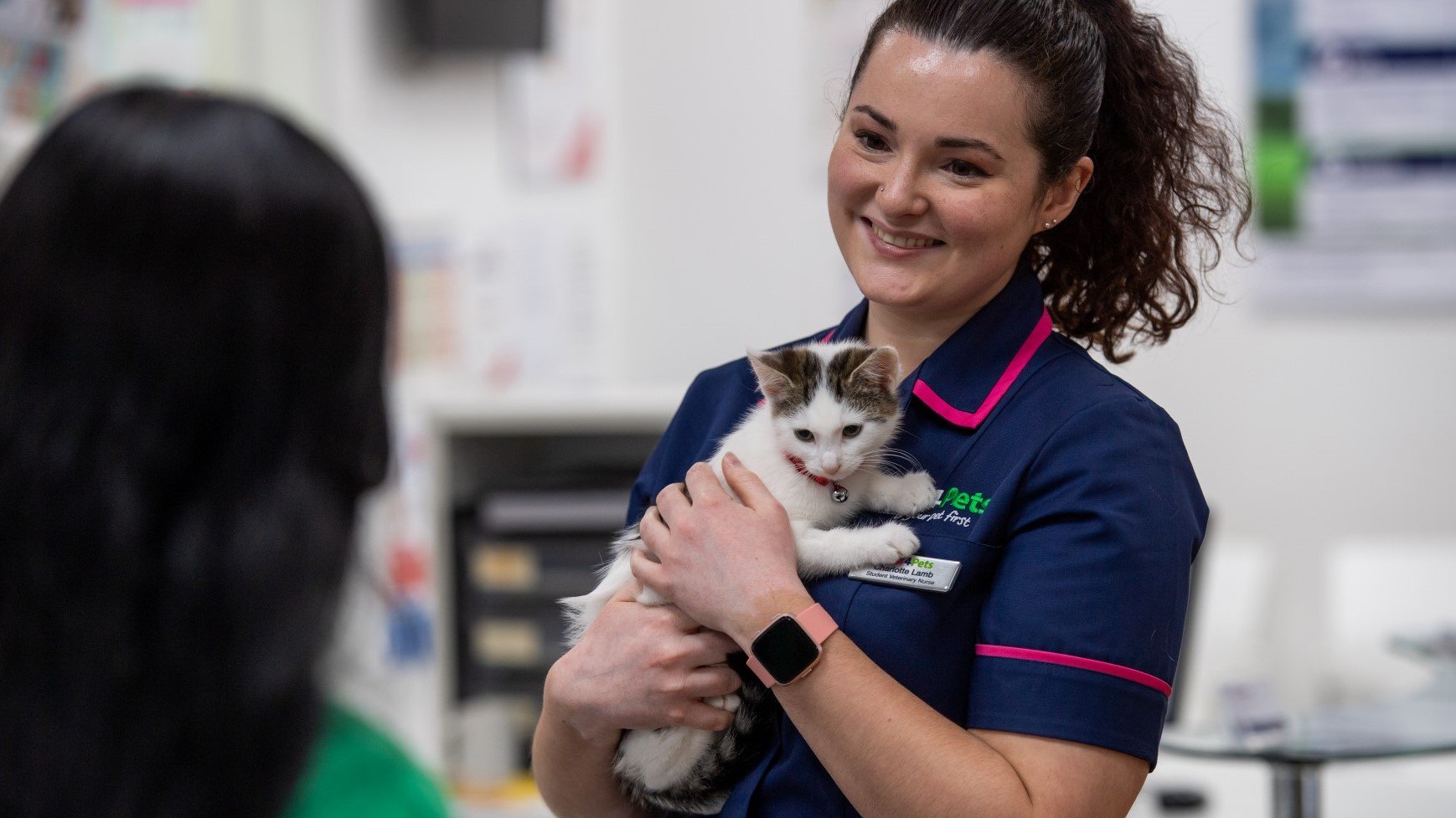
Heartworms In Cats
Heartworms are thankfully not found in the UK, but are a risk for cats that travel abroad – although cats are at a much lower risk than dogs.
Transmitted by mosquitos, these parasites can cause serious illness and even death, so precautions should be taken for any cats who leave the UK or are adopted from overseas.
Read more about protecting your cat from heartworm
Heartworms, called Dirofilaria immitis, are very thin, thread-worms. You won’t see these worms yourself though, as they live within the right side of the heart, and the main artery leading from the heart to the lungs.
Heartworms are nasty, and thankfully are not found in the UK. They are transmitted by mosquitos, and are therefore found in warmer countries, such as those in southern Europe.
Heartworms reproduce by producing tiny offspring, called microfilaria. In infected dogs these can often be picked up by testing, but cats are not classic hosts for heartworm so worms find it much more difficult to reproduce. This means cats are much less likely to have these microfilaria in their blood which can make a diagnosis of heartworm more difficult to reach.
Despite struggling to reproduce in cats, heartworms can still have serious health impacts for cats.
If your cat doesn’t leave the UK, there is no current risk of them being infected by heartworms. However, as Pet Passports become more common, and more cats travel on holiday with their owners, the number of cases of heartworm diagnosed in the UK is likely to increase. Cats, however, are seemingly more resistant to heartworm than dogs, and even cats living abroad have a lower risk of being infected than dogs living in the same area. The infection rate for cats seems to be around 1/10th that of dogs.
Heartworms are spread through the bites of mosquitos that carry the infective heartworm larvae. Cats are at risk of developing heartworm if they have:
- Not been given preventive medication
- Spent time in a region with mosquitos and heartworms
How serious the symptoms of a heartworm infection are depend on the number of heartworms, how long the infection has been present and the immune response of your cat.
In cats the signs of a heartworm infection include:
- Coughing
- Laboured breathing
- Vomiting
- Abnormal heart beat or the presence of a murmur
If your cat is experiencing any of these signs you should make an appointment with your local Vets4Pets immediately.
Heartworm preventive medication is the best way to protect your cat from contracting heartworm on holiday. Your vet can advise what the best Preventive medication would be for your pet, and give you some to take with you if you will be away for a longer period.
Even missing a single dose will put your cat at risk of contracting heartworm, so it is important up-to-date with treatments.
As this signs of a heartworm infection are quite non-specific and heartworm is not endemic to the UK, if you see your cat has developed any of the signs of heartworm infestation and you have been abroad it is important to let your vet know you have spent time outside of the UK.
A heartworm infection can be difficult to diagnose in cats, as the lifecycle of heartworms in cats is shorter than in dogs and the testing markers are not always present. Your vet may want to take screening blood tests as well as doing imaging to get as much information as possible. This will help your vet diagnose and manage heartworm disease.
Cats have been known to recover from heartworm disease without treatment, unlike dogs. Sadly, treatment options for cat with heartworm are limited and mainly revolve around supporting the circulatory system and respiratory system of the affected cat.
While humans can be affected by heartworm by being bitten by mosquitos, this risk is incredibly small – less than one hundred cases have ever been reported in the United States, and the disease is often relatively mild in people.
Importantly, you cannot catch heartworm from your cat.
Health Plans to keep your cat healthy
At Vets4Pets we offer a range of Health Plans that make essential routine treatments more affordable. You'll save money on things like annual vaccinations, flea and worm treatment and routine health check-ups.

Cat Advice
Read more of our expert cat advice to keep your cat happy and healthy.
